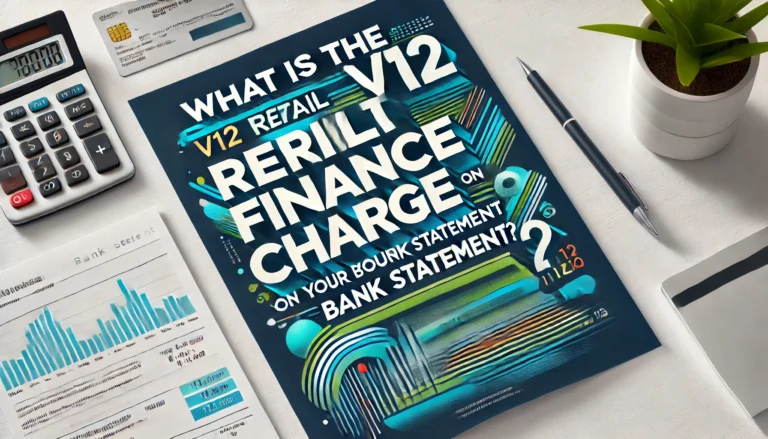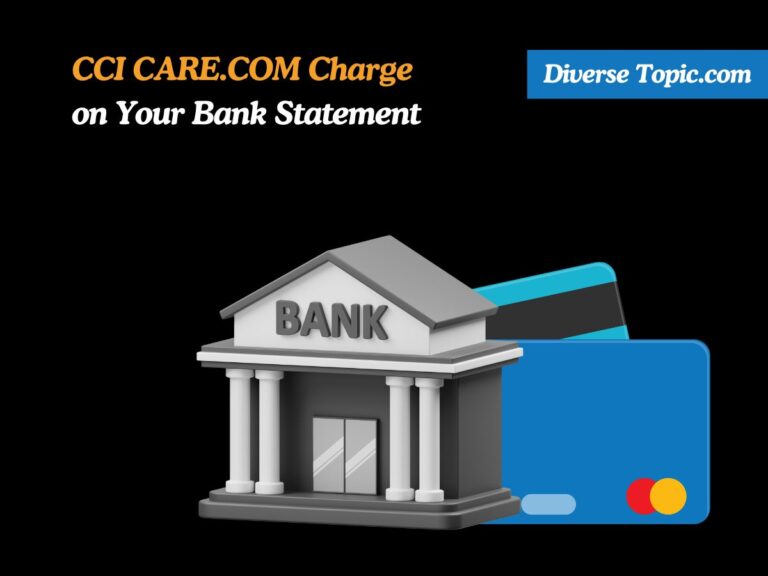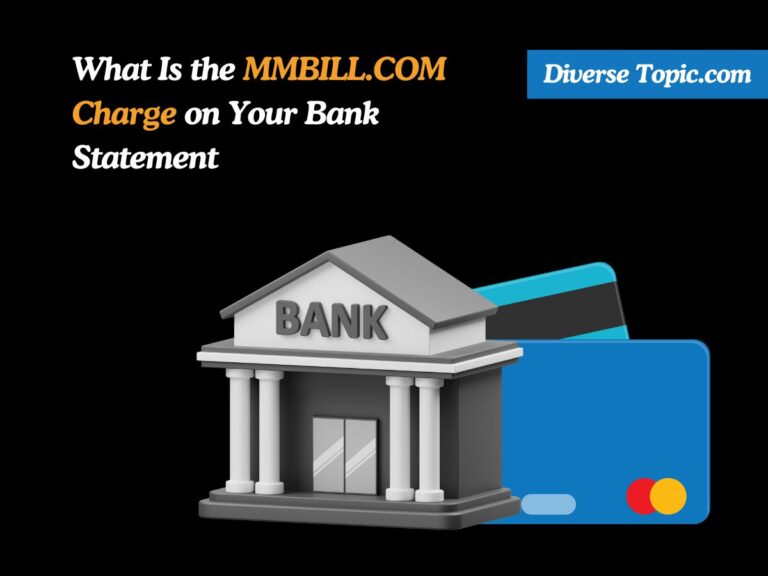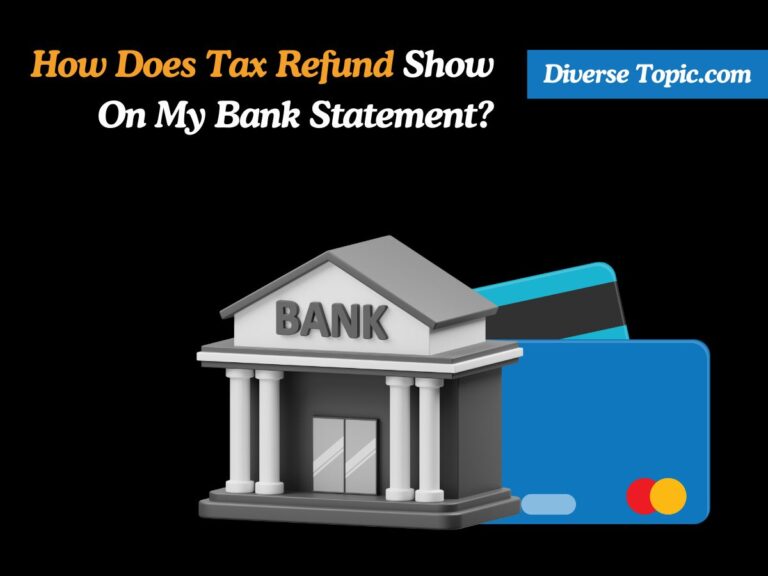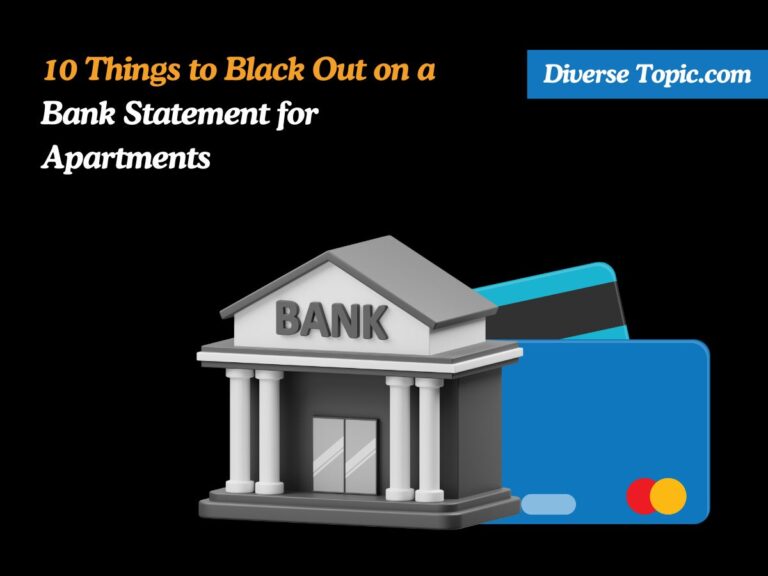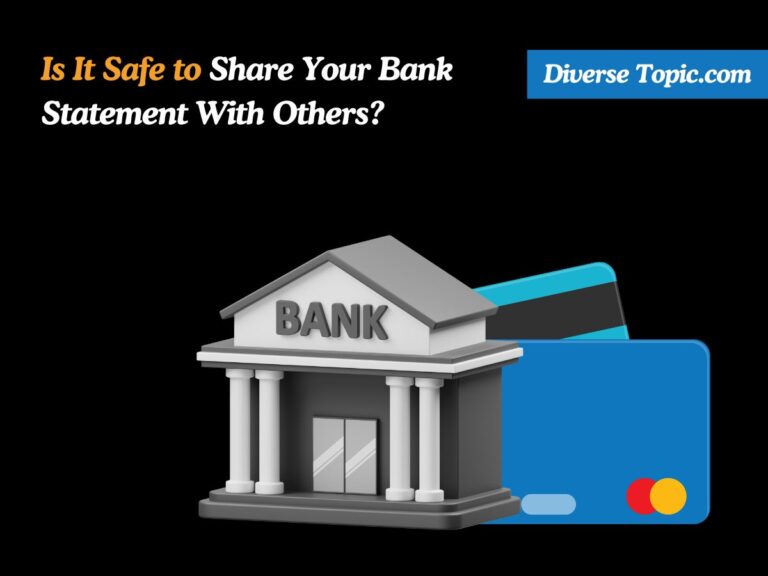What Is NWEDI on a Bank Statement?
Have you recently looked through your credit card or bank statement and seen a strange transaction with the name “NWEDI”? You could get uncomfortable and ask yourself, “What is this?”. You may have become concerned about fraudulent activity using your bank account or debit card as a result of this.
Don’t worry, however. In this article, we’ll define NWEDI precisely on bank statements and discuss the reasons why the charge would have shown on your record.
What Is NWEDI EDI Payments?
The term “NWEDI” denotes a payment processed through the Nationwide EDI (Electronic Data Interchange) system, and it appears on bank statements. Nationwide Building Society is one of the biggest banks in the UK, and they use this technology to process electronic payments.
Businesses can electronically exchange business papers with one another using Electronic Data Interchange (EDI), a defined approach. Data transfers, including purchase orders, invoices, and payments, may be automated and organized with its help. EDI streamlines, corrects, and secures transactions by substituting conventional paper-based procedures.
Also read What Is the VIOC Charge on Your Bank Statement.
How Nationwide Uses NWEDI?
Nationwide Building Society utilizes the NWEDI system to streamline its payment processes. Here’s a breakdown of how it works and the benefits it offers:
Electronic Transmission of Payment Instructions:
Nationwide can electronically send payment instructions and related information to their business partners, vendors, and suppliers.
This eliminates the need for manual handling of payment documents, reducing the risk of errors and delays.
Automation and Efficiency:
By automating payment processes, Nationwide significantly reduces the amount of paperwork involved.
Automated systems minimize human intervention, thereby decreasing the likelihood of errors and increasing the speed of transactions.
Secure Transactions:
EDI systems incorporate advanced encryption and authentication measures to ensure that payment data is transmitted securely.
This enhances the overall security of financial transactions, protecting sensitive information from unauthorized access.
Faster Payment Settlements:
Electronic processing of payments expedites the settlement process, ensuring that payments are completed promptly.
This is beneficial for both Nationwide and its business partners, as it improves cash flow management.
How Does the NWEDI Charge Appear?
Depending on how your bank labels transactions, the NWEDI fee may show up in a different way on your bank account. The following is a list of potential bulleted ways that the NWEDI fee might be shown:
- NW EDI Charge
- Nationwide Electronic Data Interchange
- NWEDI Service Charge
- NWEDI Transaction
- Nationwide Building Society EDI
- NWEDI Payment
- Nationwide EDI Payment
Preventing More NWEDI Charges
NWEDI (Nationwide EDI) charges on your bank statement can represent legitimate transactions processed through Nationwide Building Society’s Electronic Data Interchange system. However, if you find unauthorized or unexpected NWEDI charges, it’s important to take steps to prevent further occurrences. Lets explain how to safeguard your account and prevent additional NWEDI charges.
Know about Fenix Internet LLC Charges.
Regularly Check Your Bank Statements
Regular monitoring helps you quickly identify any unauthorized or suspicious transactions.
Early detection allows for timely reporting and resolution of any issues.
- Set a routine to review your bank statements at least once a week.
- Look for any charges you don’t recognize and verify them with your records.
- Use online banking tools to check your account activity in real-time.
Keep Your Payment Info Safe
Protecting your payment information reduces the risk of it being used fraudulently.
- Store your debit and credit cards in a secure place.
- Avoid sharing your card details with untrusted sources.
- Use secure and reputable payment gateways when making online purchases.
Protect Your Personal and Account Info
Personal information, if compromised, can be used to access your bank account and authorize payments.
- Shred documents containing personal information before disposal.
- Be cautious about sharing personal information over the phone or online.
- Regularly update your account security questions and answers.
Use Strong Passwords
Strong passwords are harder for hackers to guess or crack, providing better account protection.
- Create passwords that are at least 12 characters long, including a mix of letters, numbers, and special characters.
- Avoid using easily guessable information like birthdays or common words.
- Use a password manager to keep track of complex passwords.
Turn On Transaction Alerts
Transaction alerts notify you of account activity in real-time, enabling you to quickly spot unauthorized charges.
- Enable SMS or email notifications for all transactions through your bank’s online portal or mobile app.
- Customize alerts to include any transaction over a certain amount or any international purchases.
- Review alerts promptly and contact your bank immediately if you notice any suspicious activity.
Be Careful Online
Cyber threats are prevalent, and unsafe online behavior can expose your payment information to fraudsters.
- Only visit secure websites (look for “https” in the URL) and avoid clicking on suspicious links.
- Be wary of phishing emails that ask for your personal or financial information.
- Use antivirus software and keep your computer and mobile devices updated with the latest security patches.
Contact Your Bank
Promptly reporting unauthorized charges helps to minimize potential losses and allows your bank to take necessary action.
- If you detect a suspicious NWEDI charge, contact your bank’s customer service immediately.
- Provide details of the unauthorized transaction and any relevant information.
- Follow your bank’s instructions to dispute the charge and secure your account, which may include freezing your account or issuing a new card.
Dealing with Unauthorized NWEDI Charges
Unauthorized NWEDI charges on your bank statement can be alarming. If you notice NWEDI charges that you did not authorize, it is crucial to address the issue promptly to protect your finances.
Identify Unauthorized NWEDI Charges
Early identification helps to mitigate further unauthorized transactions and financial losses.
- Regularly review your bank statements and online transaction history.
- Look for NWEDI charges that you do not recognize, particularly those involving unfamiliar amounts or merchants.
- Compare your records and receipts with the charges on your statement to ensure accuracy.
Contact Nationwide Building Society Immediately
Prompt reporting to your bank can prevent additional unauthorized charges and initiate the resolution process.
- Call Nationwide Building Society’s customer service hotline as soon as you notice an unauthorized NWEDI charge.
- Provide specific details about the suspicious transaction, including the date, amount, and any identifying information.
- Follow their procedures for disputing the charge, which may involve completing a dispute form.
Freeze Your Account if Necessary
Freezing your account can prevent further unauthorized transactions while the issue is being resolved.
- Request that Nationwide temporarily freeze your account or block the compromised card to prevent additional charges.
- Consider requesting a new card with a different number to ensure future security.
Document Everything
Detailed documentation supports your case and facilitates the resolution process.
- Keep records of all communications with Nationwide, including dates, times, and the names of representatives you speak with.
- Save copies of any dispute forms, emails, and letters related to the unauthorized charge.
- Maintain a log of steps you’ve taken to address the issue.
Monitor Your Account Closely
Continuous monitoring can help you detect any further unauthorized charges promptly.
- Check your account activity regularly for any new suspicious transactions.
- Set up transaction alerts through Nationwide’s online banking portal to receive real-time notifications.
- Report any new unauthorized charges immediately.
Change Your Passwords and PINs
Updating your security credentials can reduce the risk of further unauthorized access to your account.
- Use strong, unique passwords for your online banking and other financial accounts.
- Avoid easily guessable information such as birthdays or common words.
- Use a password manager to generate and store complex passwords securely.
File a Police Report if Necessary
A police report may be necessary for Nationwide’s investigation and can assist in recovering lost funds.
- Contact your local police department to report the fraudulent activity.
- Provide detailed information about the unauthorized NWEDI charges and any supporting documentation.
- Obtain a copy of the police report for your records and submission to Nationwide.
Review and Update Security Measures
Ensuring your security measures are current can help prevent future unauthorized charges.
- Enable two-factor authentication (2FA) on your banking and other sensitive accounts.
- Regularly update your security software and operating systems on your devices.
- Be cautious of phishing emails and suspicious links that could compromise your personal information.
Check Your Credit Report
Unauthorized charges might indicate broader identity theft issues.
- Obtain a copy of your credit report from major credit bureaus (Equifax, Experian, TransUnion).
- Review the reports for any unfamiliar accounts or activities.
- Consider placing a fraud alert or credit freeze on your credit report if you suspect identity theft.
Conclusion:
Protecting your financial security when handling fraudulent NWEDI charges necessitates a proactive and planned strategy. You may successfully tackle the issue by quickly recognizing and reporting unusual transactions, freezing your account if required, and keeping extensive records. Strong security measures, close account monitoring, and being on the lookout for any fraud will also assist protect your funds against future unapproved expenditures. By taking these actions, you may improve your overall financial stability and peace of mind in addition to addressing the present worry.
Learn What Is the PNP BILLPAYMENT Charge on Bank Statement?

